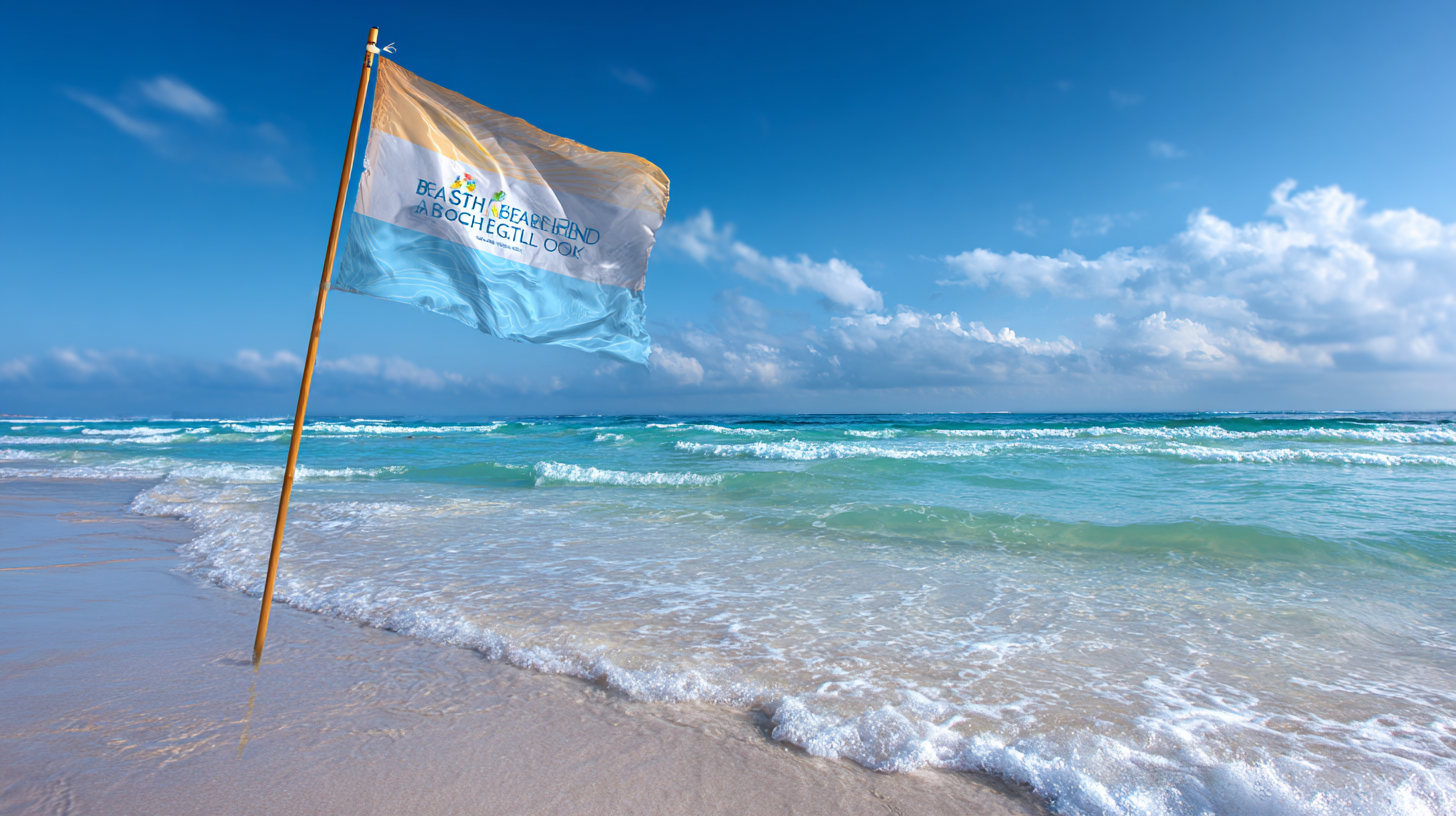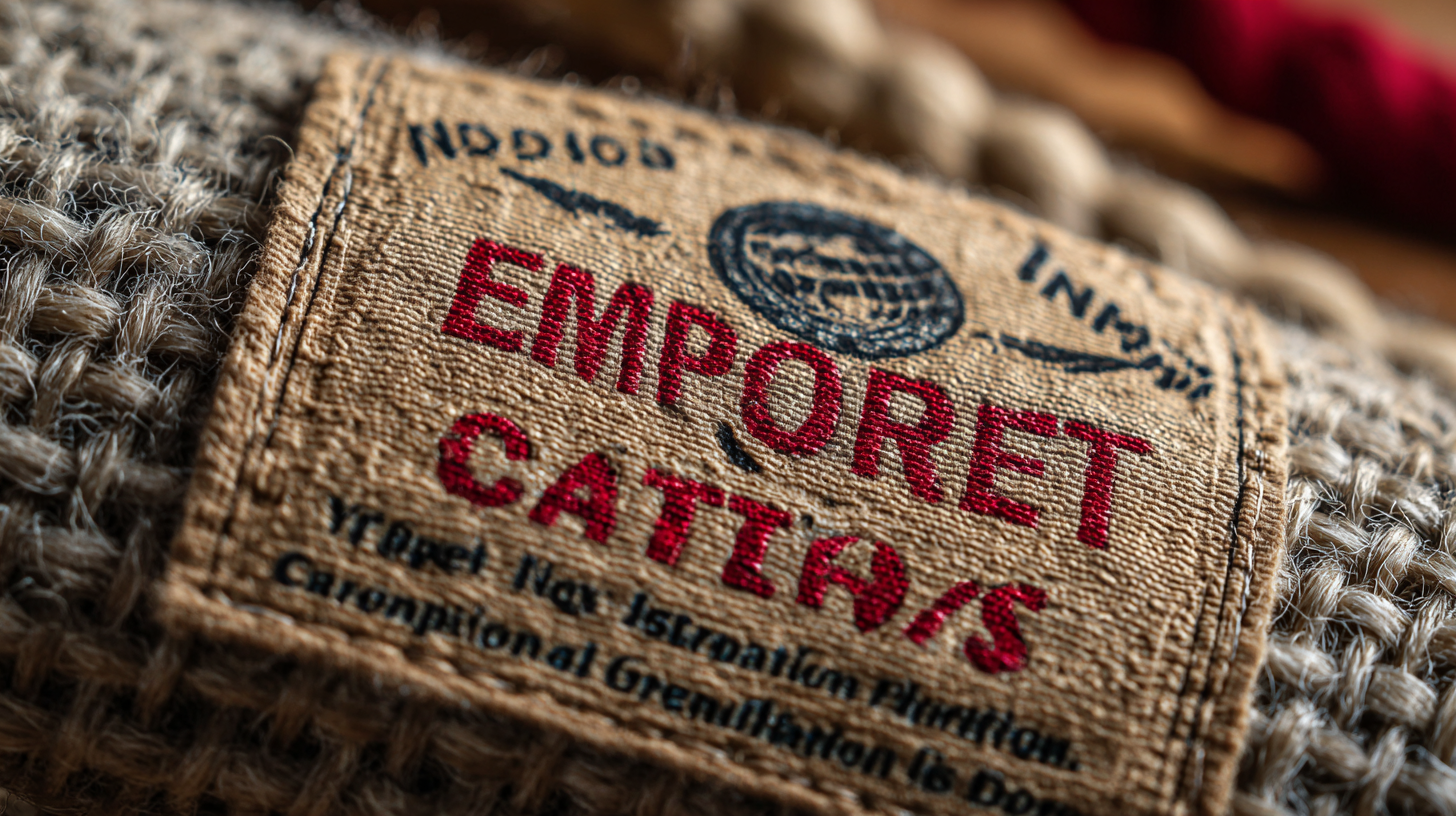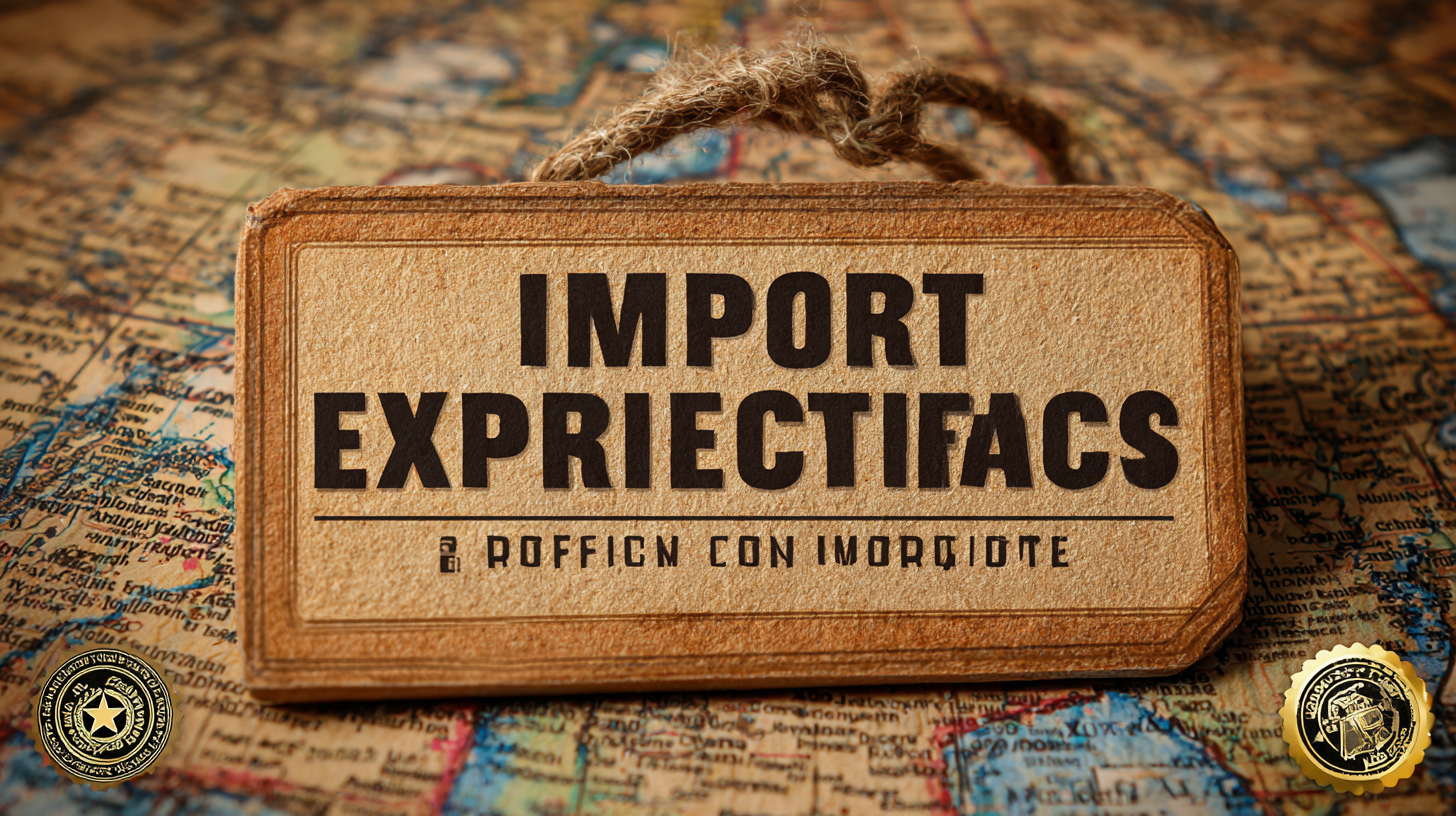Navigating Import and Export Certifications for the Best Beach Flag Pole: A Global Buyer’s Guide
In the world of beachside recreation and vibrant events, the beach flag pole stands out as an essential accessory, providing both visibility and flair. However, as you consider purchasing or importing these coveted items, navigating the complexities of import and export certifications can be daunting. This guide aims to demystify the process for global buyers, highlighting the various alternatives available in the market. From understanding the necessary certifications to choosing the right materials and designs, we will explore how to ensure compliance while securing the best beach flag poles for your needs. Whether you're a retailer looking to expand your product offerings or an event organizer seeking promotional solutions, this comprehensive overview will equip you with the knowledge to make informed decisions in the crowded international marketplace.

Understanding Import and Export Certifications for Beach Flag Poles
When navigating the global market for beach flag poles, understanding import and export certifications becomes crucial for buyers. These certifications not only ensure quality and safety standards are met but also help prevent delays and complications at customs. Buyers must be aware of the specific regulations related to outdoor flags, which often vary by country. For instance, flag poles must meet particular structural standards and material requirements to ensure durability, especially when used in harsh outdoor environments.
Interestingly, statistics highlight a significant aspect of the flag manufacturing industry in the U.S. While 94% of American flags are produced domestically, about 6% are imported, predominantly from China. This underscores the importance of verifying the certifications of imported products to ensure they comply with U.S. standards. Buyers seeking the best beach flag poles should prioritize those that come with the appropriate certifications, guaranteeing that they not only support local manufacturing efforts but also align with the necessary safety and quality guidelines.
Navigating Import and Export Certifications for Beach Flag Poles
This chart illustrates the number of import and export certification requirements for beach flag poles across different countries, providing valuable insights for global buyers navigating the market.
Essential Technical Specifications for Quality Beach Flag Poles
When selecting a beach flag pole, understanding the essential technical specifications is crucial to ensure quality and durability. Look for materials that can withstand various weather conditions, such as aluminum or fiberglass. These materials not only offer strength but also lightweight properties, making them easy to transport. Additionally, poles should be UV-resistant to prevent fading and degradation from prolonged sun exposure, especially in beach environments.
Tips: Always check the pole’s wind rating. A higher wind rating signifies that the pole can endure stronger gusts, making it essential for coastal areas where wind conditions can change rapidly. Also, consider the height and diameter of the pole; a taller pole will provide better visibility, while a thicker diameter can enhance stability.
Another important specification is the base. Ensure your beach flag pole comes with a sturdy base or option for securing it into the sand or ground. An unstable base can lead to accidents or the pole malfunctioning during windy conditions. Look for poles with adaptable bases that can handle different surfaces, ensuring safety and reliability across various beach settings.
Navigating Import and Export Certifications for the Best Beach Flag Pole: A Global Buyer’s Guide
| Certification Type | Description | Region | Validity Period | Importance |
|---|---|---|---|---|
| CE Marking | Indicates conformity with health, safety, and environmental protection standards. | European Union | Permanent | Essential for entry into EU markets. |
| ANSI Compliance | Ensures products meet American National Standards Institute guidelines. | United States | Permanent | Important for consumer safety and quality assurance. |
| ISO 9001 | International standard for quality management systems. | Global | 3 years | Demonstrates commitment to quality and consistency. |
| RoHS Directive | Restricts the use of certain hazardous substances in electrical and electronic equipment. | European Union | Permanent | Crucial for environmental compliance. |
| WEEE Compliance | Regulates the disposal and recycling of electrical and electronic waste. | European Union | Permanent | Essential for manufacturers to manage waste responsibly. |
Step-by-Step Guide to Navigating Certification Processes
Navigating the certification process for importing and exporting beach flag poles can be challenging but is essential for ensuring compliance with international trade regulations. The first step involves familiarizing yourself with the specific certification requirements in your target market. Different countries have varying standards related to materials, safety, and manufacturing methods. Researching these prerequisites will help you avoid potential legal issues and delays in customs.
Once you understand the certifications required, the next step is to gather the necessary documentation, including product specifications and safety testing results. This documentation often includes test reports from accredited laboratories, proof of compliance with relevant standards, and certificates of origin. Establishing a clear line of communication with suppliers can streamline this process, ensuring that all needed information is readily available. Keeping detailed records and understanding the renewal processes for certifications can further aid in maintaining ongoing compliance as market regulations evolve.
Key Global Markets for Beach Flag Pole Exports
 When considering beach flag pole exports, it's essential to identify key global markets that demonstrate a strong demand for these products. The United States continues to be a significant market, fueled by the booming outdoor sports and tourism industries. With countless beaches and resorts, demand for beach flag poles for promotional purposes or event marking remains high. Additionally, states with active beach sports programs often seek high-quality, durable poles that can withstand varying weather conditions.
When considering beach flag pole exports, it's essential to identify key global markets that demonstrate a strong demand for these products. The United States continues to be a significant market, fueled by the booming outdoor sports and tourism industries. With countless beaches and resorts, demand for beach flag poles for promotional purposes or event marking remains high. Additionally, states with active beach sports programs often seek high-quality, durable poles that can withstand varying weather conditions.
Another vital market is Australia, where beach culture is ingrained in the lifestyle. Australian businesses that cater to events and beach activities frequently utilize flag poles for advertising their brands and services by the coast. Moreover, emerging markets in Southeast Asia, like Thailand and Indonesia, are witnessing an upsurge in beach tourism, creating opportunities for beach flag pole suppliers to expand their reach. Understanding these markets' unique regulations and preferences is paramount for maximizing export success in the competitive beach flag pole industry.
Tips for Choosing Certified Suppliers Worldwide
When selecting certified suppliers for beach flag poles, it's crucial to prioritize those who comply with international standards. According to a report by IBISWorld, the global outdoor equipment market, which includes beach accessories, is projected to reach $15 billion by 2025, emphasizing the growing demand for quality products. Buyers must ensure that their suppliers have relevant certifications, such as ISO 9001 for quality management and ISO 14001 for environmental management. These credentials not only guarantee product reliability but also reflect a commitment to sustainability practices.

Furthermore, evaluating supplier certification can enhance your brand's reputation. A study from Statista indicates that 72% of consumers are more likely to purchase from brands that demonstrate social and environmental responsibility. This trend underscores the importance of sourcing from certified suppliers who adhere to ethical manufacturing processes. Prioritizing suppliers with these credentials can also mitigate risks associated with import-export regulations, ultimately leading to a smoother transaction experience in the global marketplace.
